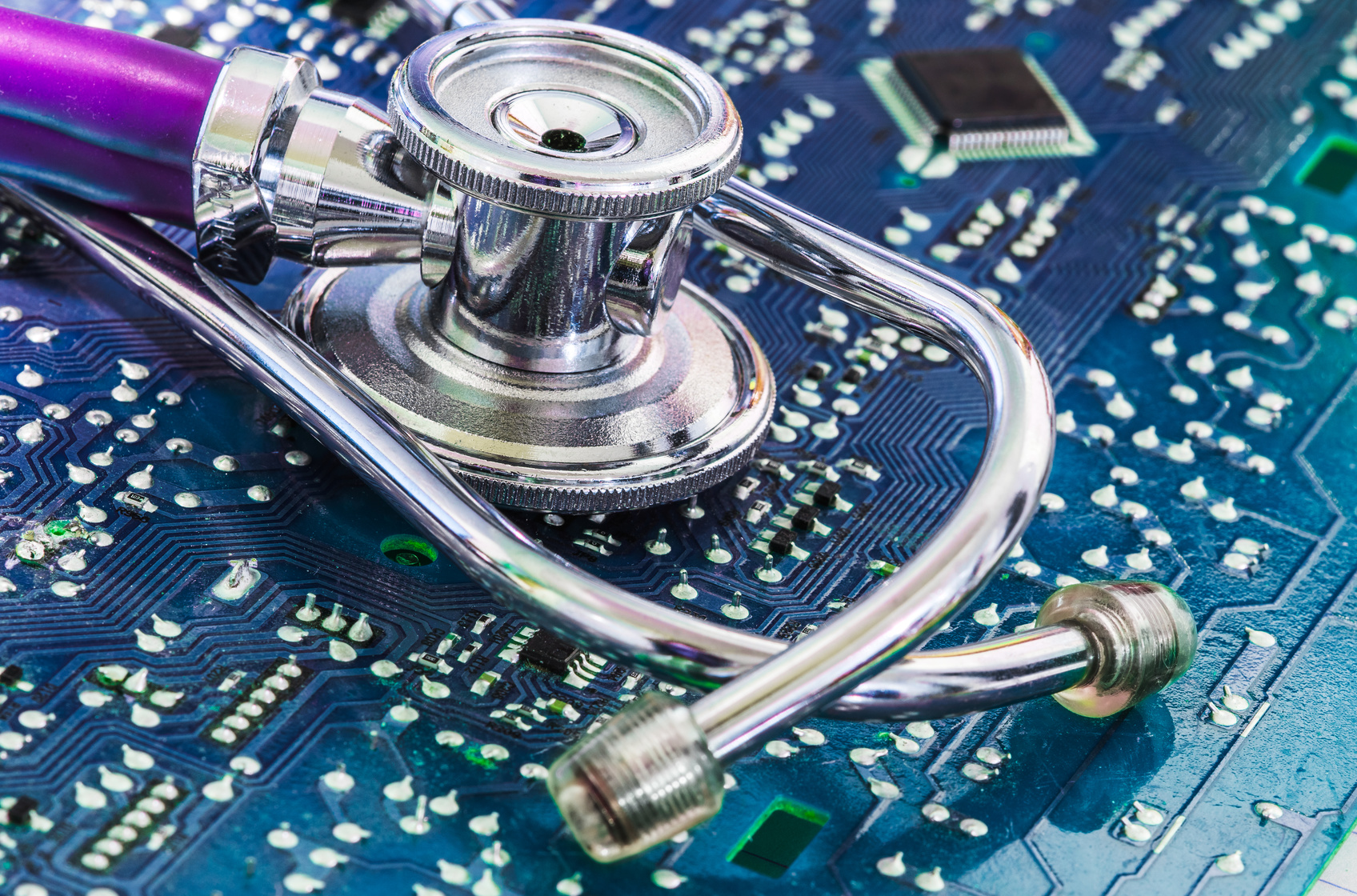The healthcare sector has come a long way in the recent years. Numerous discoveries have been made, and notable scientific triumphs have been achieved as well. However, when looking to the future, there are three key elements that stick out. These include digital transformation within the sector, artificial intelligence (AI) and machine learning, along with blockchain technology. It is projected that as soon as 2020, these three aspects will be playing a fundamental role in the overall service delivery within this sector. They will revolutionize the way people receive medical care, along with the procedures undertaken to receive them.
In this article, we will explore why these technological aspects look promising when it comes to the future of the healthcare sector.
Digital Transformation
Digital innovation is moving at a rapid pace. It is estimated that over 90% of global productions have introduced a digital conversion strategy in a study that was conducted by Forbes Insights on a total of 573 business leaders across the globe. While it is easy to associate digital innovation with business, the healthcare sector has also not been left behind. This is a sector that has benefitted from digital innovation in the past and stands to benefit from it as well going forward. It is noted that digital alteration is not solely about technology. Instead, it leverages technology as a path to an end, and sometimes even going past business. In the healthcare sector, it has been used as a means by which better services can be provided. It is also a means through which better discoveries can be made, and it plays a fundamental role in ensuring the overall health of the population is maintained at an all-time high.
Machine Learning and Artificial Intelligence
Artificial intelligence (AI) has proven itself many times over in helping to improve outcomes, not just in the healthcare setting, but in other settings as well. The biggest selling point for this technological advancement is its lower cost across the spectrum, along with its ability to flourish in a value-based care conveyance and imbursement environment. There has been some notable investment in AI from various startups around the world, and the healthcare sector could stand to be the biggest beneficiary of this technological advancement. Since 2012, the global equity funding in AI for healthcare has grown by over $1.5 billion with projections that it will keep growing as time progresses. This is a testament to the significance of this technology, along with how integral it is to the overall service delivery in a few years to come.
Blockchain Technology
This has been acknowledged as the one technical aspect that was underestimated initially among many healthcare leaders. There is an air of mystery that surrounds it, and its association with cryptocurrencies has only contributed to the confusion that people have of the technology. Blockchain, however, is not about cryptocurrency only; it’s about the technology behind. This is a form of dispersed ledger, a catalogue which preserves a constantly-growing list of well-ordered archives, each with a timestamp and a connection to a previous record, also referred to as a block. This, in turn, forms a chain, making data management easier, while also making its manipulation impossible. It, therefore, guarantees that the integrity of the data is maintained, an aspect which the healthcare sector can benefit greatly from.
Blockchain has seen key industrial players in Healthcare. One such example is Medicalchain – a decentralised platform that enables secure, fast and transparent exchange and usage of medical data. MediBloc is another promising startup: an open-source healthcare data platform built on the blockchain which compiles a comprehensive and indexed list of a patient’s medical history, as well as validates and secures every access attempt along the way. A distinguishable player is Dentacoin, an entity which offers the first blockchain solution for the global dental industry, relying on secure blockchain-based software tools, intelligent prevention-oriented program (known as Dentacoin Assurance) and an industry-specific cryptocurrency to allow for additional cost reduction and mutual benefits in form of rewards. Many other entities are understanding the significance of this technology and are slowly adopting it. It is projected that as time progresses, it will continue shaping the healthcare sector, making it better, more accessible and more functional.
The above mentioned technology advances are expected to make healthcare better, affordable, easily accessible and manageable, more accurate and more efficient for physicians, patients, hospital staff and administrators. The impact of digital technology on Healthcare is immense and, as always, the earliest adopters will likely benefit the most.
About the Guest Author
Jeremias Grenzebach is Co-Founder and core developer at Dentacoin Foundation. Crypto enthusiast with a varied background as a developer, copywriter and IT trainer. Early entrant into the Blockchain scene, immersed within the peer-to-peer technology for 8 years. Strong believer in decentralization and transparency.
Tag/s:Artificial Intelligence





